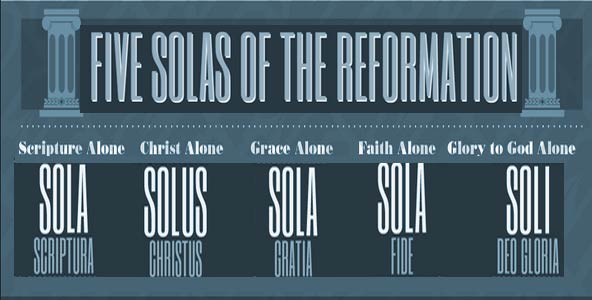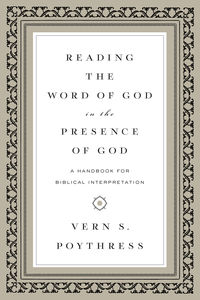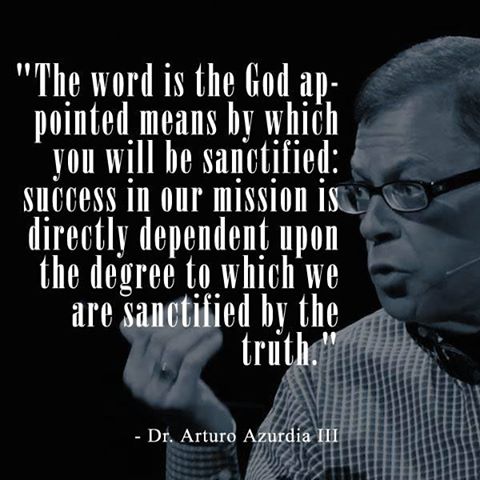Fathers, Catechize Your Children
On the use of catechisms for teaching children bible doctrine in the home, here is an outstanding article for parents: “The Importance and Practice of Catechism: Fathers-Instruct Your Children”1 by Dr. Kim Riddlebarger. He concludes his article with these practical reminders:
First, be consistent. The best way to learn a catechism is simply to keep at it! Take “the tortoise” and not “the hare” approach. You cannot teach your child a lengthy catechism in a couple of weeks! But over time—if you keep at it—you’ll be amazed at how much children will remember and comprehend.
Second, be creative. One of the greatest obstacles to catechism is boredom. Simply reading the question and then expecting your children to recite the memorized answer is no fun for them, and they’ll come to hate the whole idea. Go ahead and stress memorization, but whenever you can, relate the catechism to the Scriptures. Most catechisms give Scripture proofs. And if you discuss the question and answer with your kids, and then relate the catechism to real life situations, current events or to movies and TV, your kids will get the sense that theology is of great value in navigating their way through life…
Third, don’t panic. Many people tell me that they are new to this and there is always the pressure to make up for lost time. Go slow. Quality time is always better than rushed and tense sessions where the kids are tired and the parents are frustrated. Do what you can when you can and have realistic expectations. Even a small amount of catechesis is better than no catechesis.

 Due to a rising sense of sin, many genuine Christians, as they grow in grace, may occasionally have doubts arise as to the assurance of their conversion. We can feel that grace is declining when our awareness of inner corruption is growing. Our pride, our lusts and other corruptions swell up in our breasts and so we wonder if our conversion is real, or at least wonder where God is in all of this. Rather than being comforted, we feel extraordinary discomfort. We become worried and irritated and wonder how it is that we feel guiltier than ever.
Due to a rising sense of sin, many genuine Christians, as they grow in grace, may occasionally have doubts arise as to the assurance of their conversion. We can feel that grace is declining when our awareness of inner corruption is growing. Our pride, our lusts and other corruptions swell up in our breasts and so we wonder if our conversion is real, or at least wonder where God is in all of this. Rather than being comforted, we feel extraordinary discomfort. We become worried and irritated and wonder how it is that we feel guiltier than ever. by John Samson
by John Samson
 Guest post by Jimmy Li
Guest post by Jimmy Li This post is adapted from
This post is adapted from  The answer is yes. Recently someone took issue with a quote I posted by Art Azurdia: "The word is the God appointed means by which you will be sanctified...." - Dr. Arturo Azurdia III
The answer is yes. Recently someone took issue with a quote I posted by Art Azurdia: "The word is the God appointed means by which you will be sanctified...." - Dr. Arturo Azurdia III